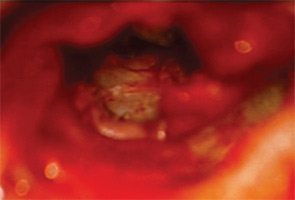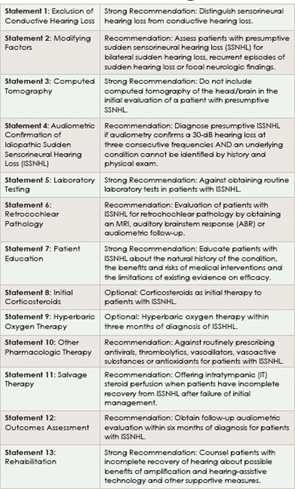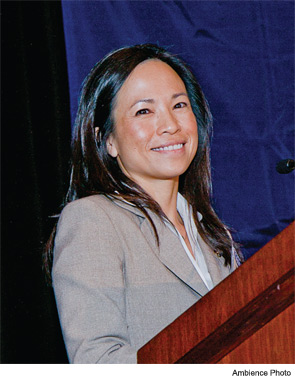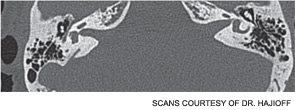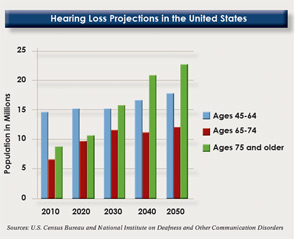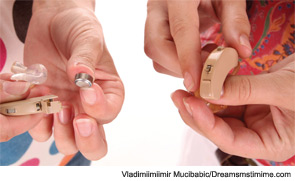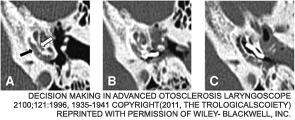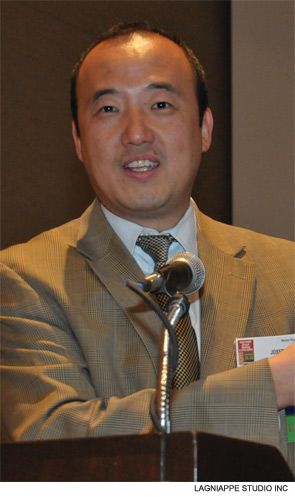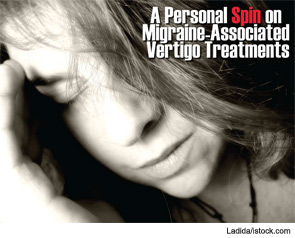A 42-year-old male was recently fitted for occupational ear molds to protect him from excessive noise exposure at work and further hearing loss. During the fitting, he experienced severe, sudden otalgia and vertigo and complained that hearing loss in the left ear, his better-hearing ear, had worsened.
